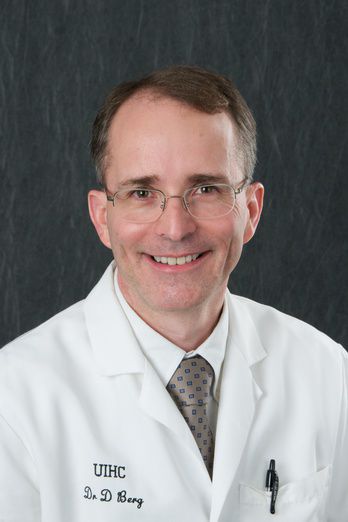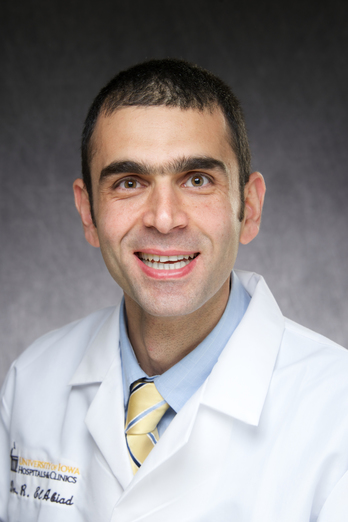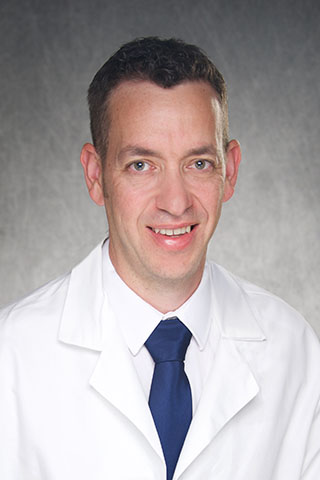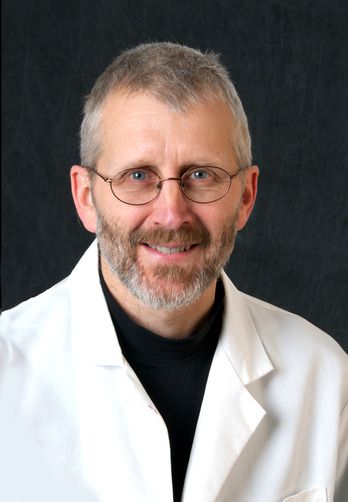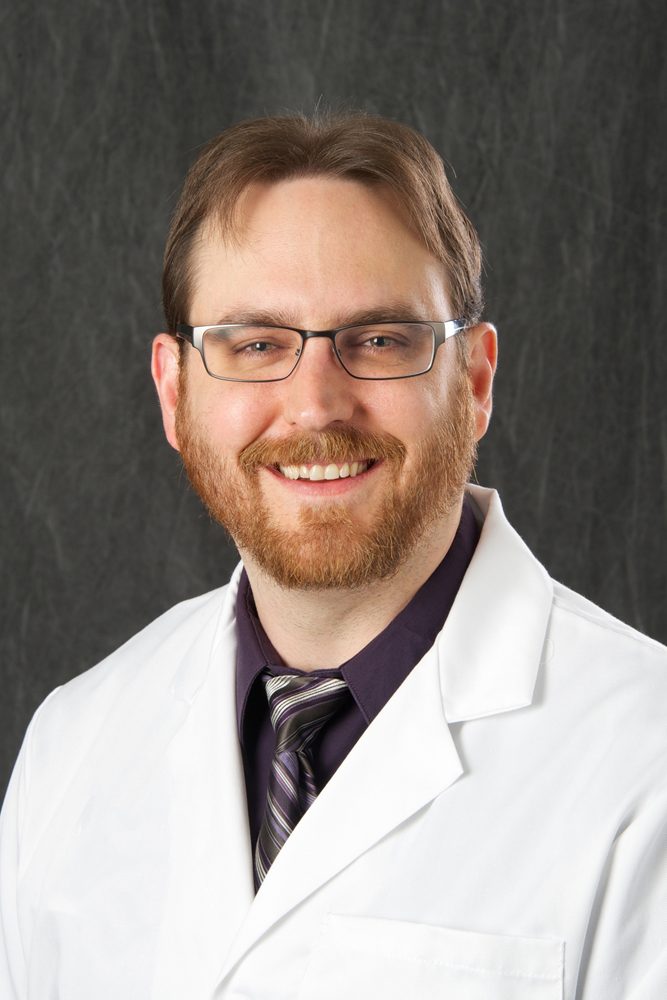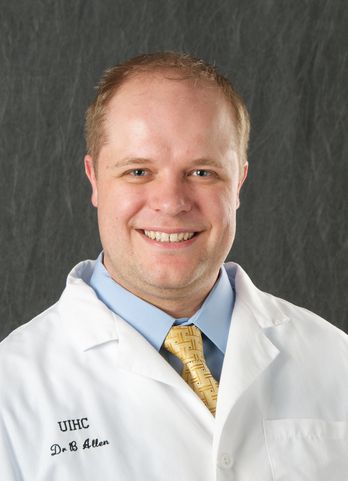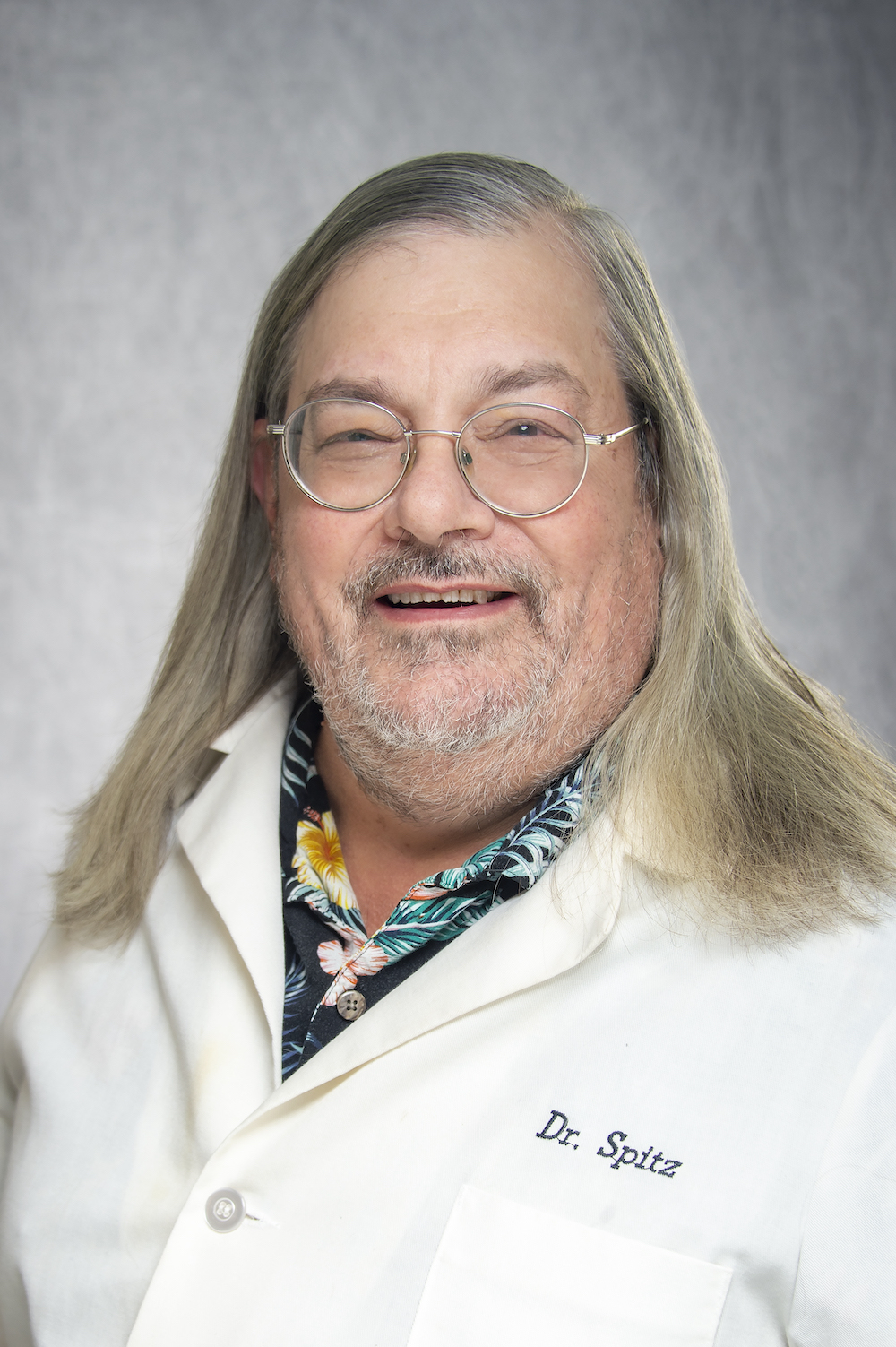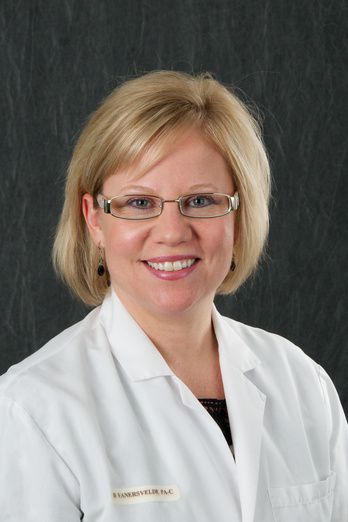Liver cancer often has no early signs or symptoms.
Your liver is inside your rib cage, below your right lung. That makes it hard for you or your doctor to notice if it has any tumors or lumps. Some people will learn they have liver cancer when the disease has advanced to a serious stage.
About 44 percent of all liver cancers are diagnosed at an early stage, when there is a better chance for successful treatment.
Because there is no standard routine for testing healthy people for liver cancer, watching for signs of liver cancer is important.
Common symptoms of liver cancer include:
- Pain in your abdomen or behind your right shoulder blade
- Lump or swollen veins below your ribs on the right side
- Yellowing of your skin or eyes
- Dark urine
- Unexplained or unexpected tiredness
- Weight loss you didn’t expect
- Nausea
- Redness in your face
These symptoms could be signs of other conditions that are not liver cancer. Still, if you notice any of them, it’s important to speak to your doctor about them soon, especially if you’ve had problems with your liver health in the past.
Learn more about liver cancer, who gets it, and how it is treated.
- Here’s why liver health is so important.
-
Your liver serves several functions, including:
- Helping your body break down and absorb nutrients from the foods you eat and preparing those nutrients to be used for creating tissue and giving you energy
- Removing waste products from your blood and sending them out of your body through your urine and stool
- Creating the cells that help your blood clot so you’ll stop bleeding after an injury
- Note these risk factors.
-
Anything that increases your risk of getting a disease is called a risk factor. Some risk factors are things you can’t control, and some are things you can control.
One major risk factor for liver cancer is being a man. Men are more likely to get liver cancer than women.
Risk factors you can control for liver cancer include:
- Drinking too much alcohol
- Being obese, or very overweight
- Smoking
Risk factors you can’t control for liver cancer include:
- Cirrhosis, a disease that damages the liver
- Hepatitis B or hepatitis C infections
- Type 2 diabetes
- Non-alcoholic fatty liver disease
- The most common kind of liver cancer is hepatocellular carcinoma or hepatoma.
-
A primary liver cancer is one that starts in the liver. About 80 percent of primary liver cancers are hepatomas.
Other primary liver cancers include:
- Angiosarcoma or hemangiosarcoma, which begin in the cells lining the liver's blood vessels
- Hepatoblastoma, a rare kind of liver cancer that usually develops in children under 4 years of age
- Intrahepatic cholangiocarcinoma, or bile duct cancer
Secondary liver cancers are those that begin elsewhere in the body and spread to the liver, such as a lung cancer or stomach cancer.
- Doctors use a staging system when they diagnose liver cancer.
-
You may have heard cancer called something like “stage 4 cancer.” Doctors use a staging system with numbers to describe how serious a patient’s cancer is and whether it has spread to other parts of the body.
The higher the number, the more advanced the cancer is, and the more it has spread.
For liver cancer, the stages go from 1 to 4, although you may sometimes see the numbers written as Roman numerals: I (1), II (2), III (3), and IV (4).
- For most people who have liver cancer, surgery is part of the treatment plan.
-
Each individual patient’s treatment will be different, but for most patients, the best way to try to cure their liver cancer is some kind of surgery to remove the cancer.
- For some patients, the surgery will be a partial hepatectomy,in which the surgeon removes the part of the liver that has a tumor in it.
- For others with advanced cancer, a liver transplant is the best treatment. In a liver transplant, the patient’s liver is removed and replaced with a healthy liver from a person who has died and who donated their liver. Or the liver with the cancer in it may be replaced with a piece of the liver of a living donor. After it has been transplanted into the patient’s body, that piece of new liver will then grow to become a full liver.
- We provide several other treatment options, too.
-
There are other types of treatment that may work for certain types of patients, such as those who are too sick for surgery. These treatments also could be used to make tumors smaller to relieve some symptoms.
- Ablationis a minimally invasive procedure that uses heat or extreme cold to destroy cancer cells and tumors.
- Embolizationuses an injected material to block blood from flowing to the tumors to prevent them from growing.
- Radiation therapy kills cancer cells with a beam of radiation that is directed toward the tumor in a way that saves the non-cancerous cells in the liver.
There also are some types of liver tumors that are not cancer. These are called benign tumors. Benign tumors don’t spread to other parts of the body, but they can become big enough to be a health risk. Most benign tumors can be treated with surgery.
Cancer researchers are studying new ways to treat liver cancer, and some of these new treatments are made available to patients through clinical trials. In a clinical trial, a patient volunteers to try one of these promising new treatments, under the close supervision of doctors.
At Holden Comprehensive Cancer Center, your liver cancer doctor is a specialist who focuses on treating liver cancer patients.
Our team of specialists has been researching liver cancer for decades. They understand the disease, know about the most recent treatment options, and can help you determine what is best for you.
Holden offers:
- A world-class liver transplant team that has performed liver transplants since 1984. Our liver transplant program is among the nation’s best.
- Clinical trials of the latest treatment methods and therapies. Our doctors also are researchers who stay up to date on all of the latest breakthroughs in liver cancer.
- Multiple treatment options to consider for each patient’s individual case of liver cancer. Our doctors and staff work with you and create a personalized treatment program that will best fit you and your cancer.
Meet your care team.
Internal Medicine Physicians
Pathology Physicians
Pediatric Physicians
Pathology Physician
Radiology Physicians
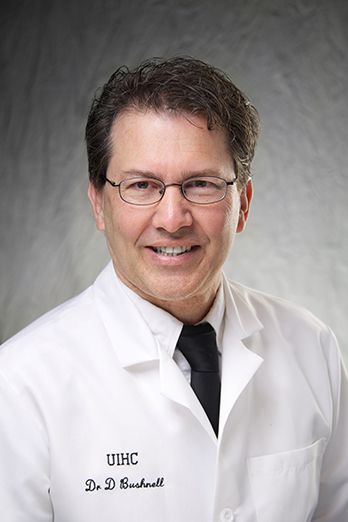
David L. Bushnell, Jr., MD
- Professor
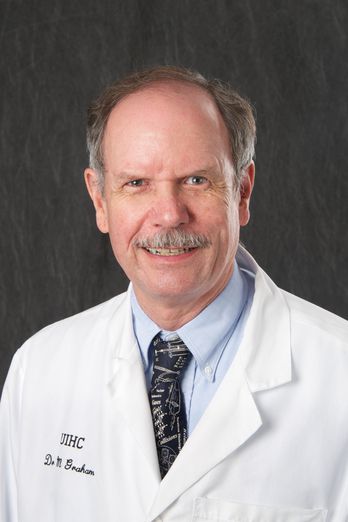
Michael M. Graham, MD, PhD
- Professor
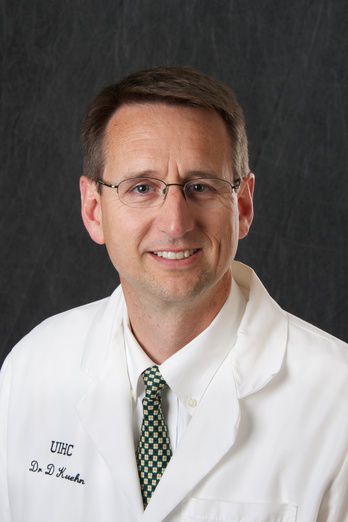
David M. Kuehn, MD
- Clinical Associate Professor

Parren S. McNeely, MD
- Clinical Assistant Professor
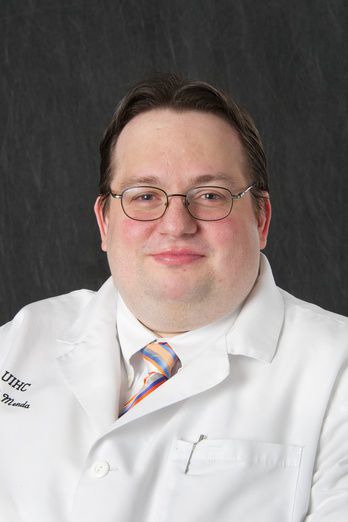
Yusuf Menda, MD
- Co-leader, Free Radical Metabolism and Imaging (FRMI) Program
- Professor
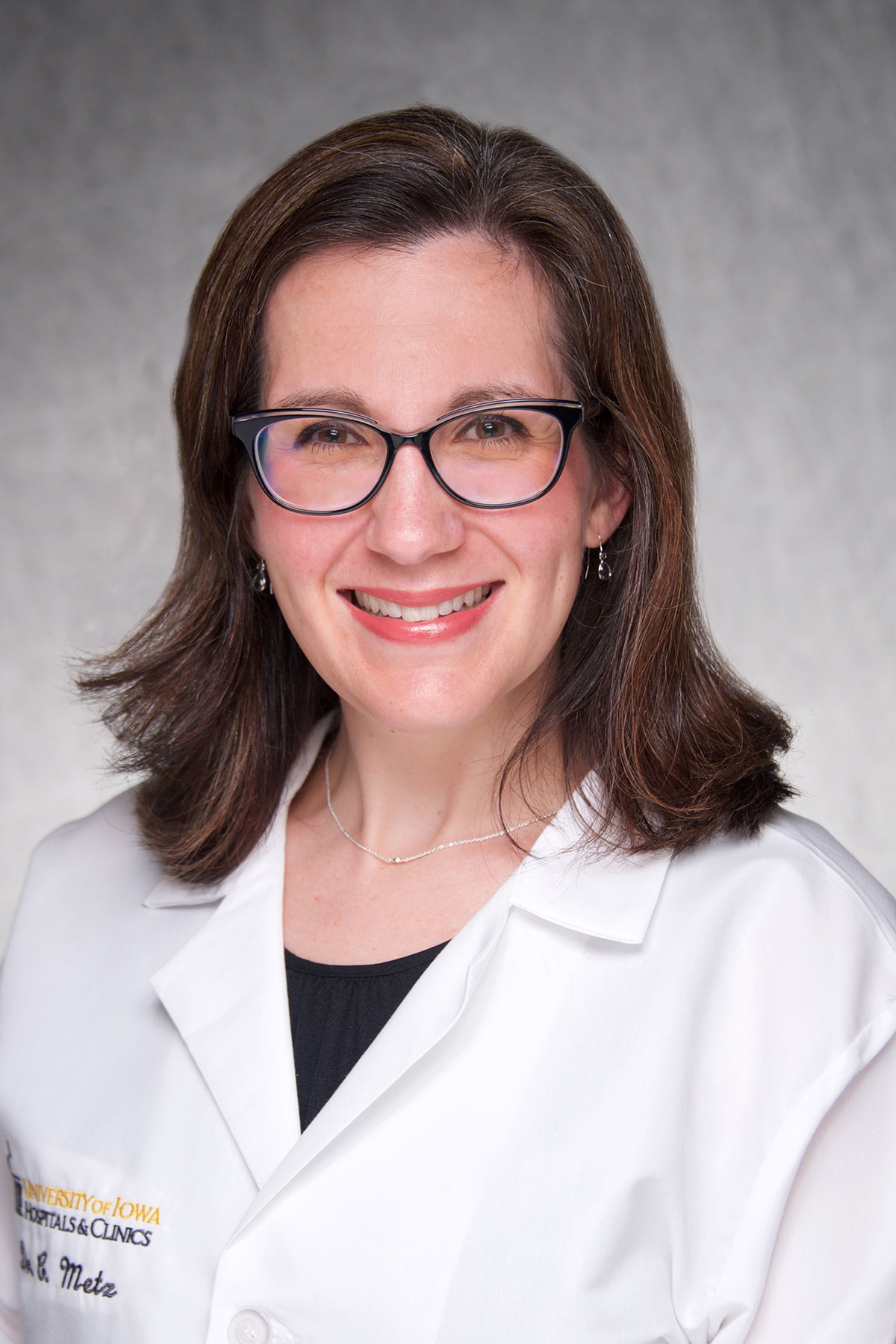
Catherine M. Metz, MD
- Clinical Assistant Professor
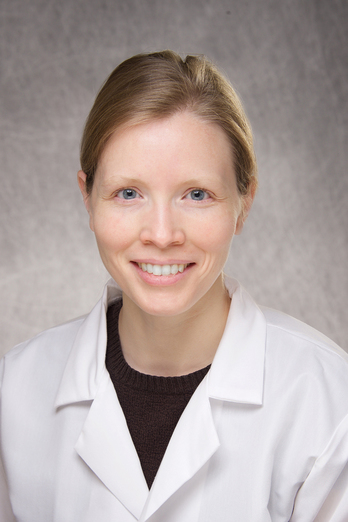
Janet H. Pollard, MD
- Clinical Assistant Professor
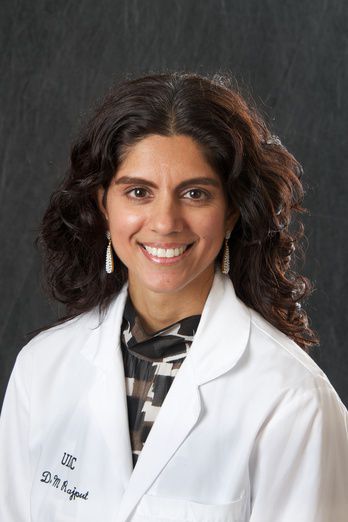
Maheen Rajput, MD
- Clinical Associate Professor
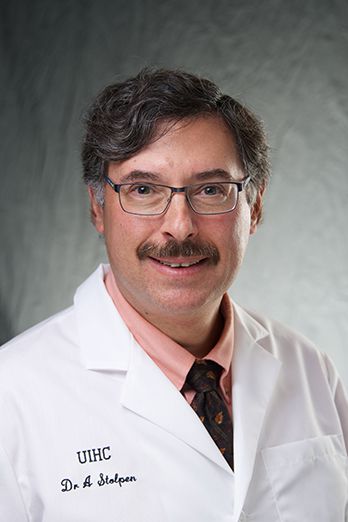
Alan H. Stolpen, MD, PhD
- Associate Professor
Surgeons
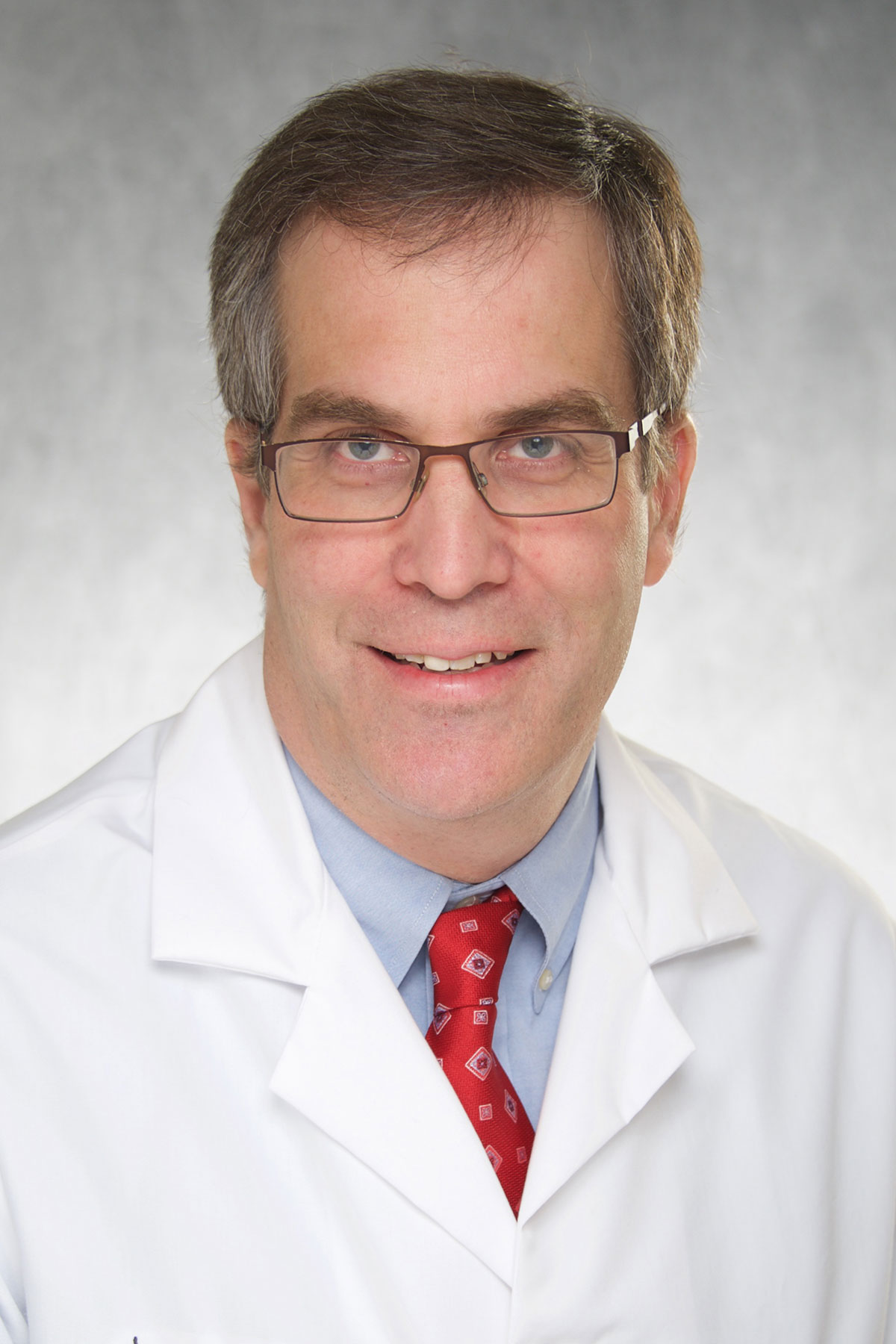
David A. Axelrod, MD, MBA
- Professor
- Kidney, Pancreas, and Living Donor Transplantation Surgical Director
- Fellowship Director
- Transplant Research Director
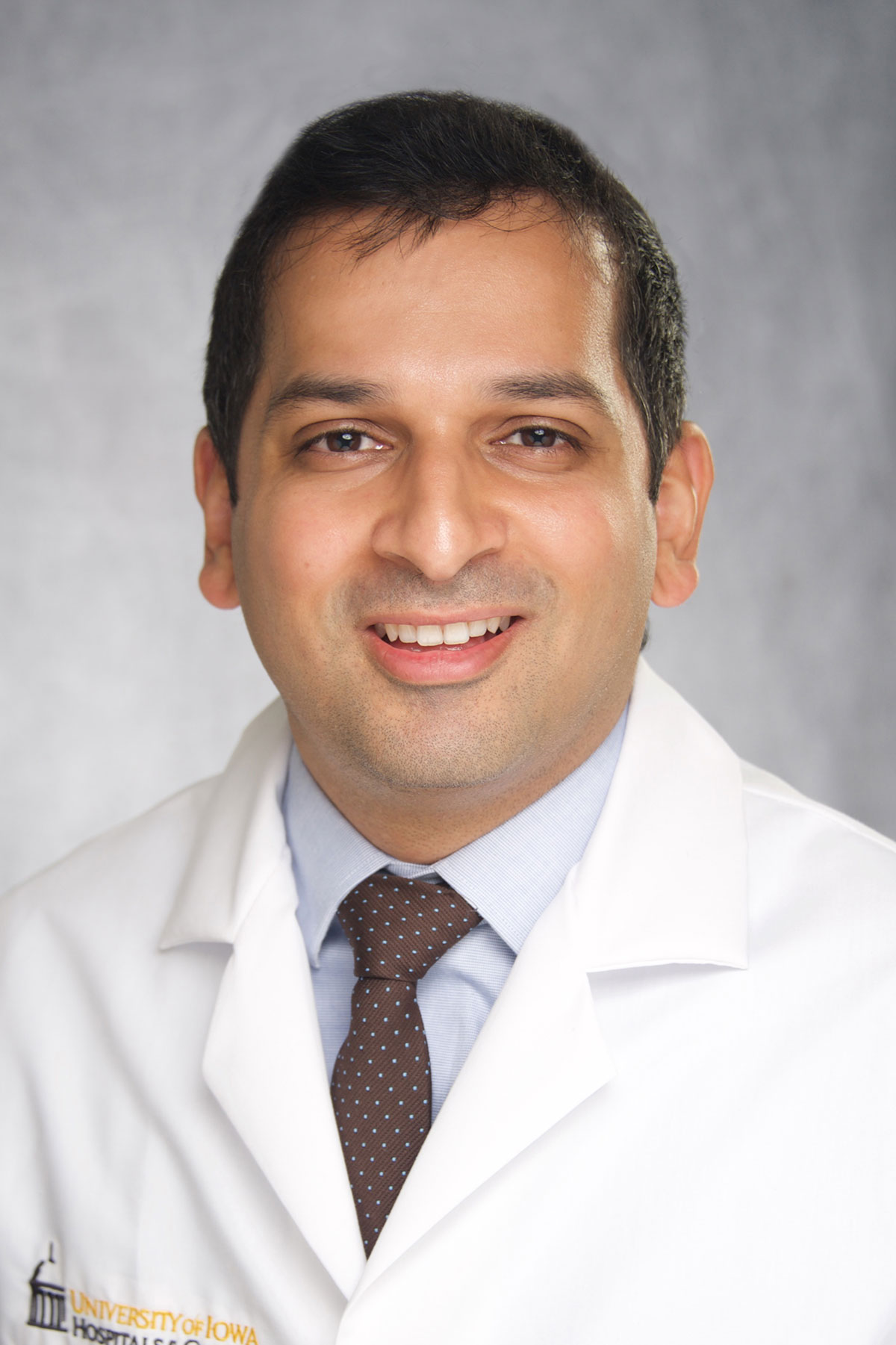
James P. De Andrade, MD, MME
- Clinical Assistant Professor
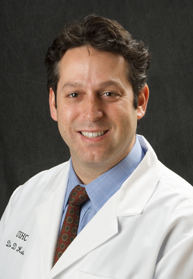
Daniel Katz, MD
- Associate Professor
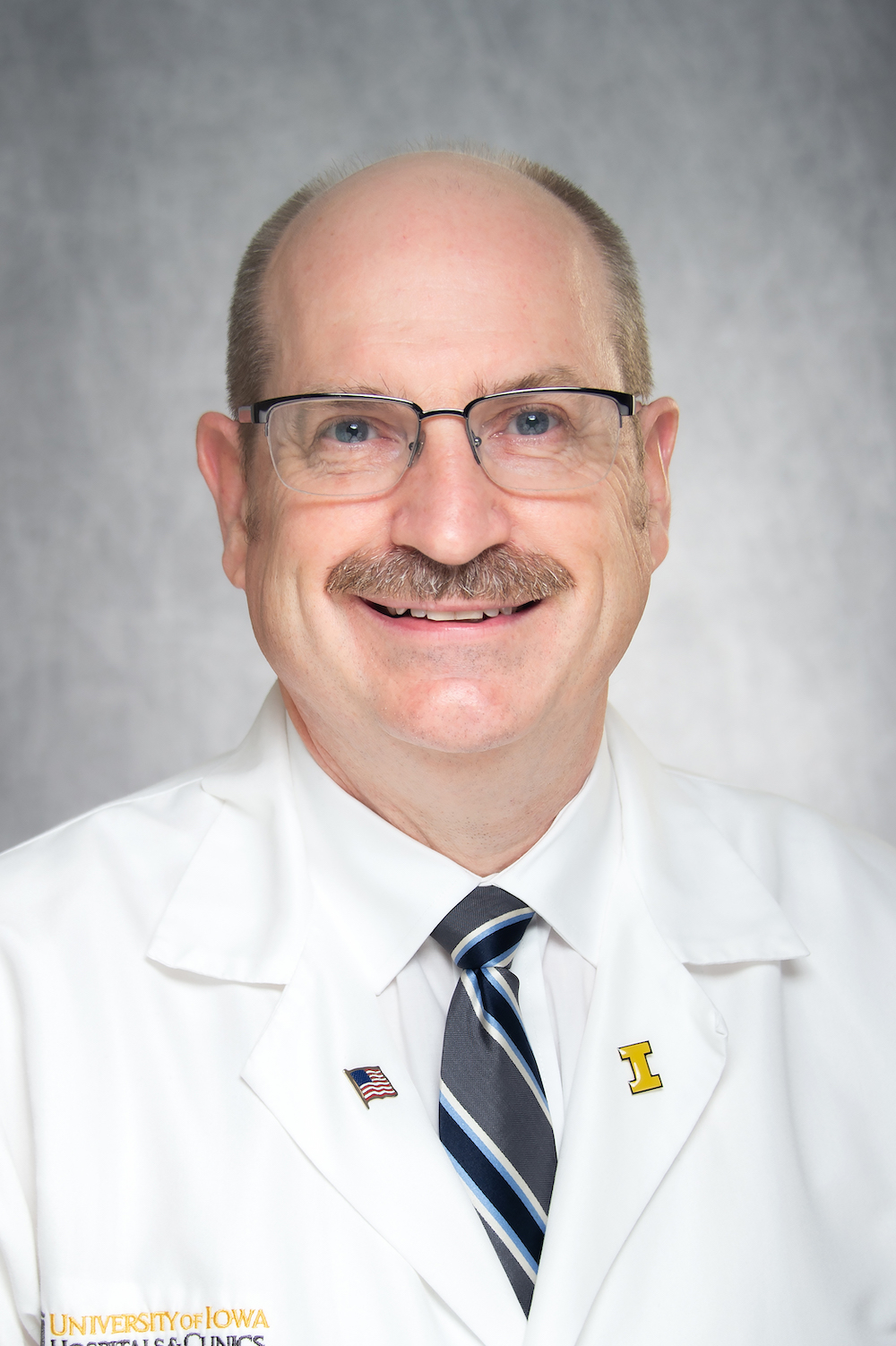
James Howe, MD
- Co-Leader Gastrointestinal Neuroendocrine MOG
- Professor
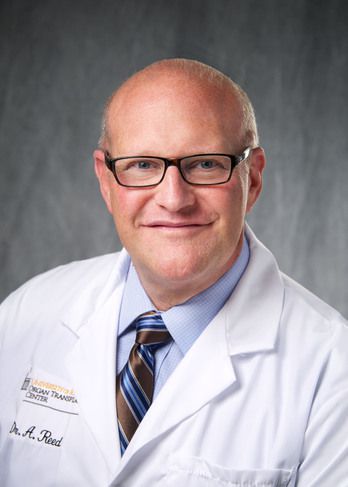
Alan Reed, MD, MBA
- Professor
Physician Assistant
Genetic Counselor
Cancer Care Clinics
Clinical Cancer Center
21602 Pomerantz Family Pavilion (PFP)Elevator M, Level 1
Phone: 1-319-356-4200

